Revelations have emerged from within Kenya’s healthcare system, exposing a multi-million-shilling scandal allegedly driven by ghost workers under the Universal Health Coverage (UHC) program.
According to documents obtained by Citizen TV, millions of shillings earmarked for frontline county health workers may have been misappropriated by shadowy cartels operating within the Ministry of Health.
A confidential Ministry of Health document highlights discrepancies between the ministry’s payroll and the Council of Governors’ register of UHC staff. The inconsistencies suggest that thousands of individuals listed as healthcare workers may not exist or are no longer serving in the roles they are paid for.
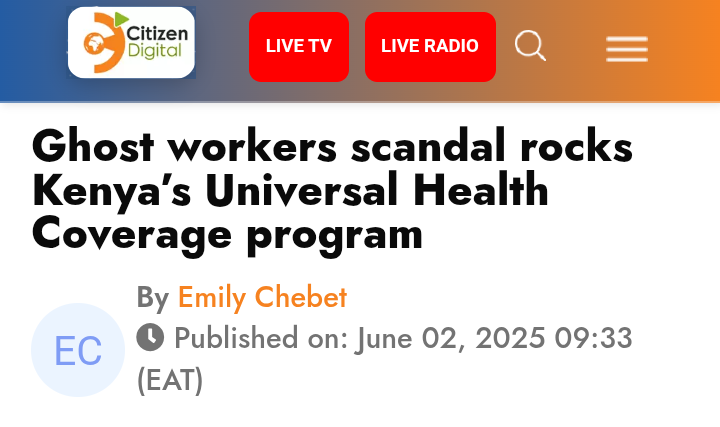
Launched with the promise of transforming healthcare across all 47 counties, the UHC program now faces intense scrutiny. The vision of equitable access to quality care appears compromised by fraudulent payroll practices, with names of deceased, emigrated, or inactive workers reportedly still drawing government salaries.
Outside Afya House, UHC staff have staged daily protests complete with songs, dances, and the blare of vuvuzelas demanding that their contracts be confirmed as permanent and pensionable. The workers claim they have faithfully served in various facilities under tough conditions, yet remain uncertain about their job security.
Their frustrations continue to grow as they see funds meant to support them lost in a system plagued by fraud.“The government of Kenya is losing billions by paying ghost UHC workers who cannot be accounted for,” said Muthomi Njuki, Chair of the Council of Governors Health Committee.
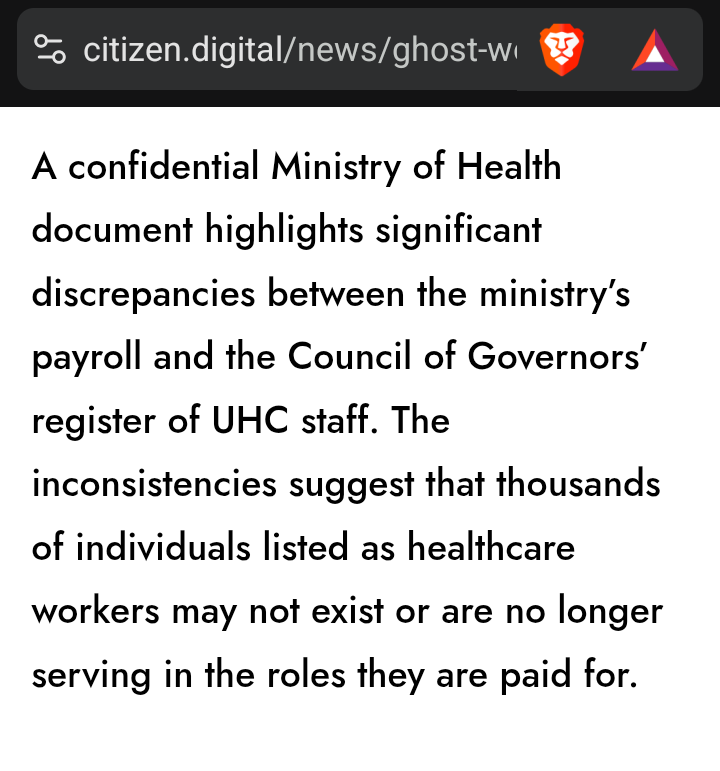
“The official list claims there are 8,700 UHC workers, but from our county-level verification, we can only account for about 5,700. That leaves around 3,000 names that are highly questionable.” This large difference has raised serious concerns about how salaries are being handled at the national level, especially when the verification was done at the county level.
A letter dated May 14, 2025, signed by Medical Services Permanent Secretary Dr. Ouma Oluga and addressed to the Council of Governors, acknowledges the discrepancies in the payroll records. Insider sources confirmed that while some UHC staff have exited the profession, moved abroad, or even died, their names remain active on the payroll and continue to receive salaries.
This suggests that the national payroll is not being updated or monitored properly.“Interviews were conducted at county levels, not just in Tharaka Nithi but across the country,” added Njuki.
“However, the payroll is managed nationally, and those in charge do not verify whether an individual is still actively working.” A payroll summary and county-specific staff lists obtained by Citizen TV reveal even more problems.
In some counties, up to 34 names could not be accounted for. With an average monthly salary of KSh 50,000 per worker, this means about KSh 1.7 million may be lost every month in a single county, translating to KSh 20.4 million each year.
In response to the scandal, Health Cabinet Secretary Aden Duale has acknowledged the payroll irregularities and announced a thorough verification exercise to begin in the second week of June. “Next week, I’ve written to the Council of Governors to conduct a headcount,” said CS Duale.
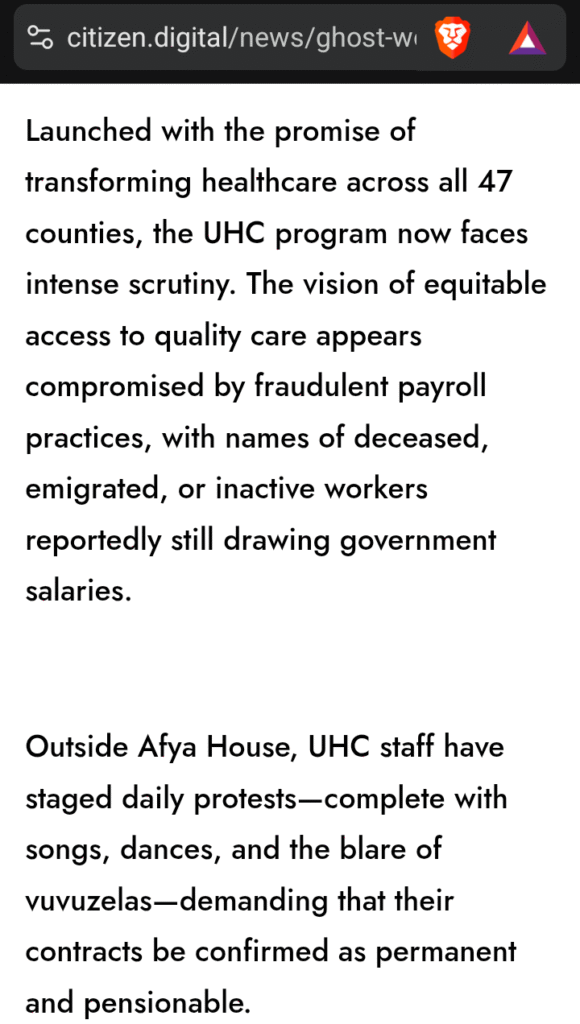
“UHC nurses signed contracts with county governments, so we must determine how many are truly working.” Njuki supported this plan, saying payroll audits must be done before making any more payments.“I heard that unions are opposed to this, but we must proceed. We cannot keep paying individuals we cannot verify. The only way is for the Ministry of Health to provide us with their payroll data so we can reconcile it with the actual workers on the ground.”
Meanwhile, Council of Governors Chairperson Ahmed Abdullahi said the national government must first deal with all pending issues concerning UHC staff before shifting payroll responsibility to the counties. This scandal has not only exposed poor systems but also raised serious questions about accountability and the future of the UHC program.







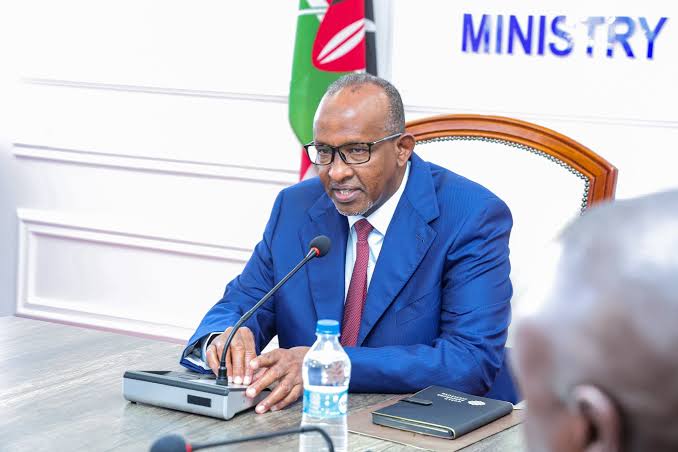












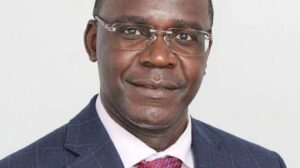
Add Comment